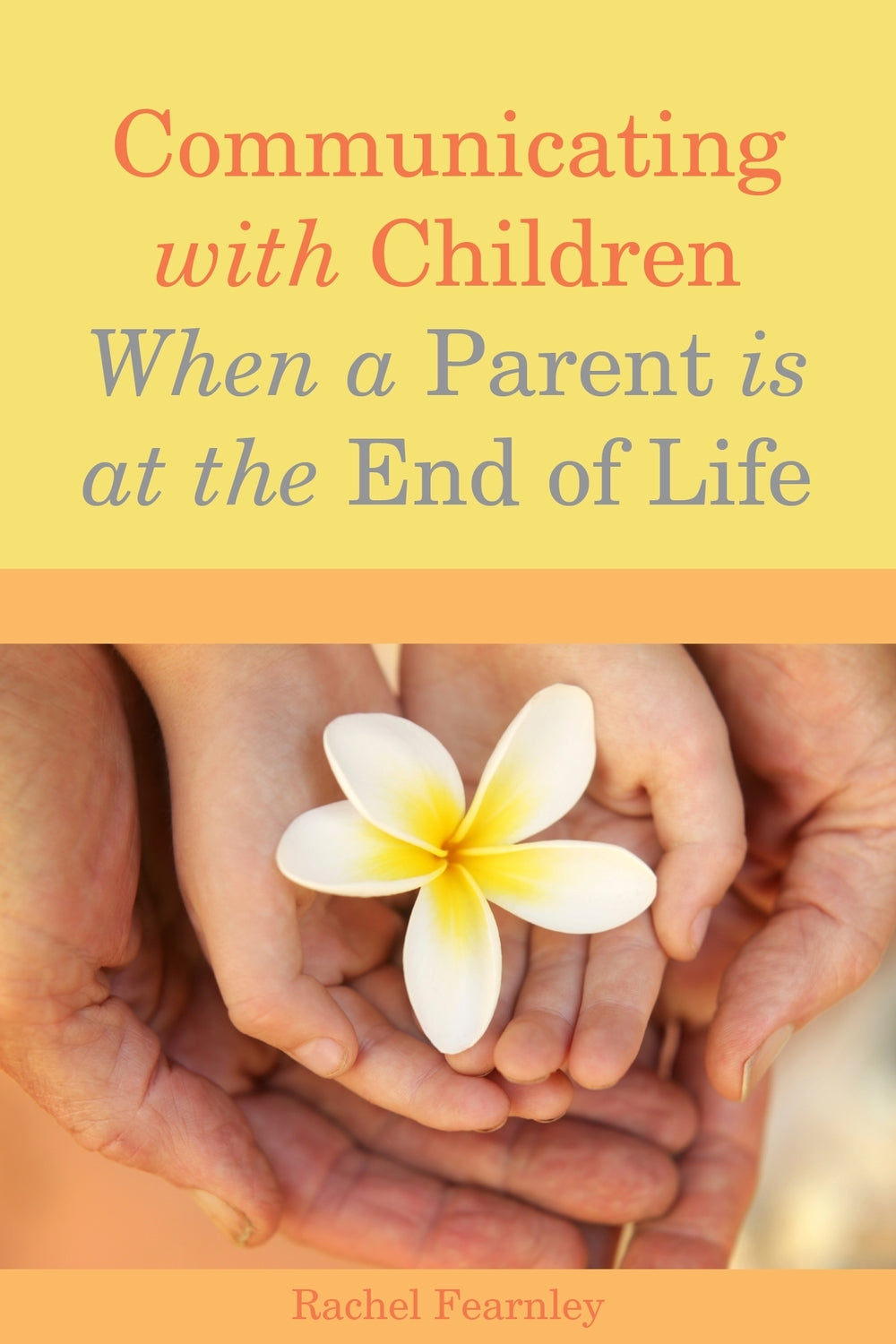
Press Reviews
Bereavement Care, Dr Ann Rowland, Director of Bereavement Services, Child Bereavement Charity
The book is concise and clearly written. It is an essential resource for all professionals working in the palliative care field; in addition many of the principles could be applied to working with a child living with a parent with any form of illness or disability, or a child who is suddenly bereaved.
European Journal of Palliative Care
Two particularly helpful chapters describe children's developmental stages and ability to process information at different ages, and a 'how to' guide to communicating with children exploring the use of timelines, body maps, story-telling and drawing. They make this book an excellent tool with which professionals working in healthcare, social care and education will be well equipped to help children and families through difficult times.
Play for Life
This is a practical book containing very accessible guidance on how to support children who face the death of a parent.
BACP Children & Young People
Rachel Fearnley states that this book is written for "professionals working in health, social care and education who are likely to come into contact with children whose parents are terminally ill", and wholeheartedly recommend it to them... (...) it wonderfully establishes the framework upon which the structure of counselling is built, by emphasising the main finding of her research and then offering information and guidance on it... I will find it an invaluable addition to my hospice library.
Nursing Standard
Rachel Fernley has put together a comprehensive, up-to-date resource on working with children who are facing or dealing with the death of a parent... The text is supported by well thought out exercises and vignettes. Concise summaries of the main points are also included, which are helpful and relevant. There are insightful links to the stages of child development in relation to understanding and coping with loss and grief.
John Holland, educational psychologist, trainer and consultant, and co-author of Lost for Words: Loss and Bereavement Awareness Training
Rachel Fearnley's book offers practical and helpful advice in supporting children when a parent is nearing the end of life. The book emphasises the fundamental importance of communication, in its broadest sense, and the notion of a communication continuum is insightful. Rachel describes how children can be helped to gain both a voice and insight into the new and confusing 'alien world' that they have entered, and how professionals can play a key role in their support.
Youth in Mind
This book is full of practical advice and guidance to help anyone working with children support a child whose parent is nearing the end of their life. Some of the barriers that children face are explored e.g. parents who don't want their child to 'know everything' and what the information they know means to them. The author's expertise in this area shines through each page and her gentle, clearly written approach to imparting her knowledge makes compelling reading.
